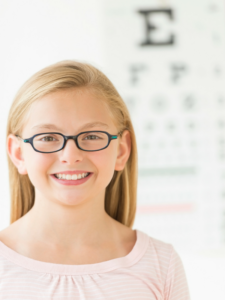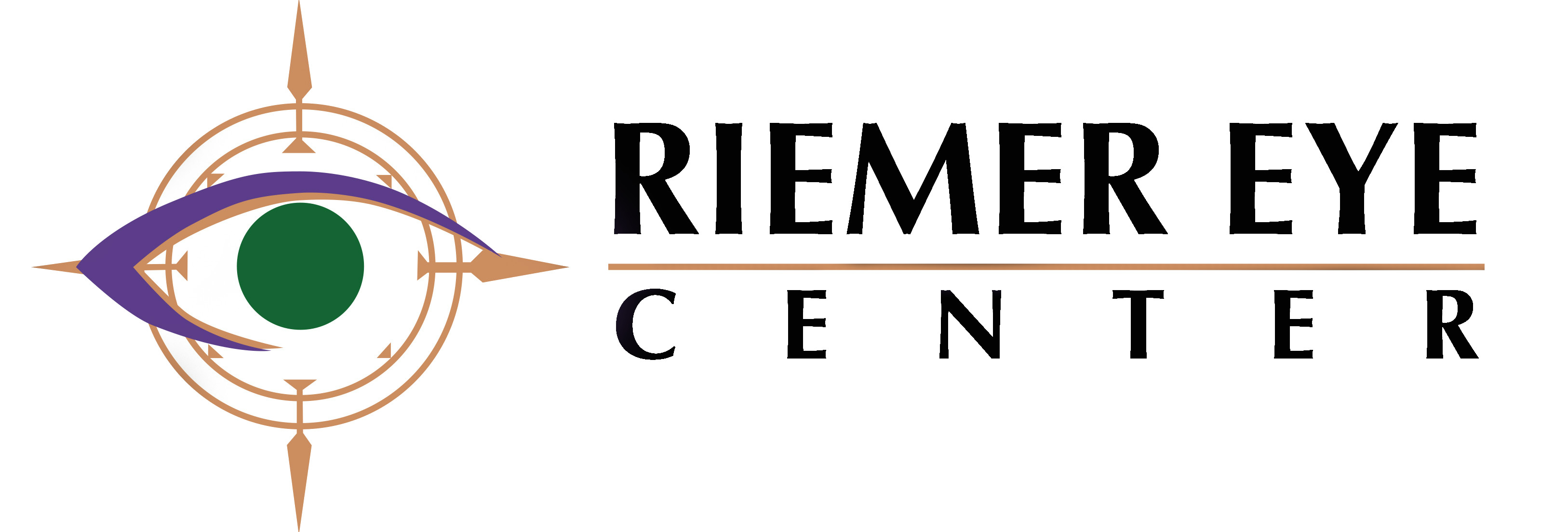PEDIATRIC EYE CARE
Children with uncorrected vision conditions or eye health problems face many barriers in life, academically, socially, and athletically. Proper eye care can enable your child to reach their highest potential. It is recommended that all children have their eyes checked before they start school. Remember that children do not yet know good or bad vision. If there is a family history of misaligned eyes, childhood cataracts or a serious eye disease an ophthalmologist should examine the child.
TIPS ON HOW TO MAKE YOUR CHILD'S OPTOMETRIC EXPERIENCE A POSITIVE ONE
1. Make an appointment early in the day, allow about one hour for the exam
2. Talk about the exam in advance and encourage the child to ask questions
3. Explain the exam in child’s terms, for example, compare the E chart to a puzzle and the instruments to tiny flashlights

HOW TO KNOW IF YOUR CHILD HAS A VISION PROBLEM
1. Loses their place while reading
2. Avoids close work
3. Holds reading material closer than normal
4. Tends to rub their eyes
5. Has headaches
6. Turns or tilts head to use one eye only
7. Makes frequent reversals when reading or writing
8. Uses finger to maintain place when reading
9. Omits or confuses small words when reading
10. Consistently performs below potential
A child should visit an optometrist at least every two years, or more frequently, if specific problems or risk factors exist. A school vision or pediatrician’s screening is not a substitute for a thorough eye examination. Schedule your child’s next eye exam today.
